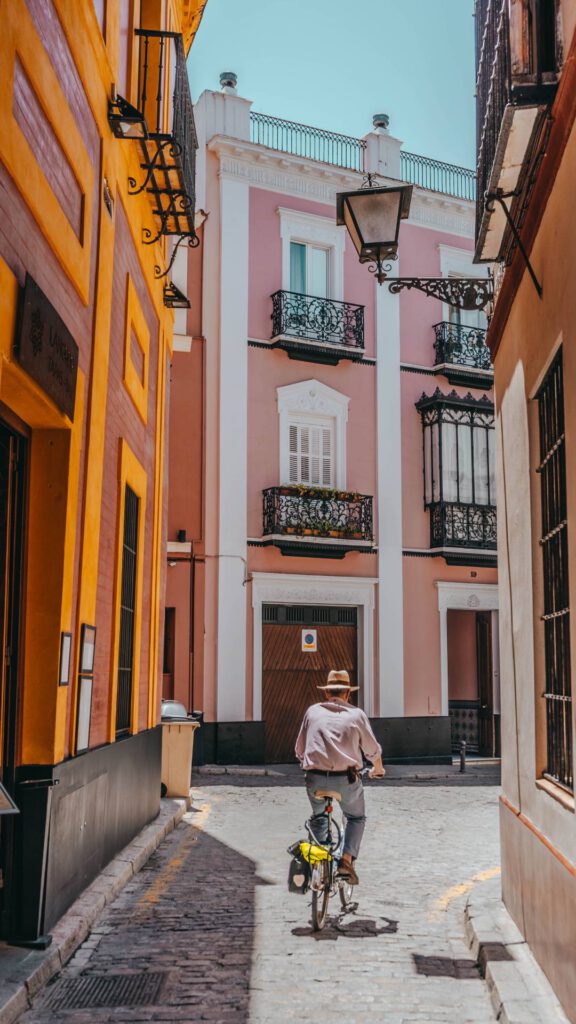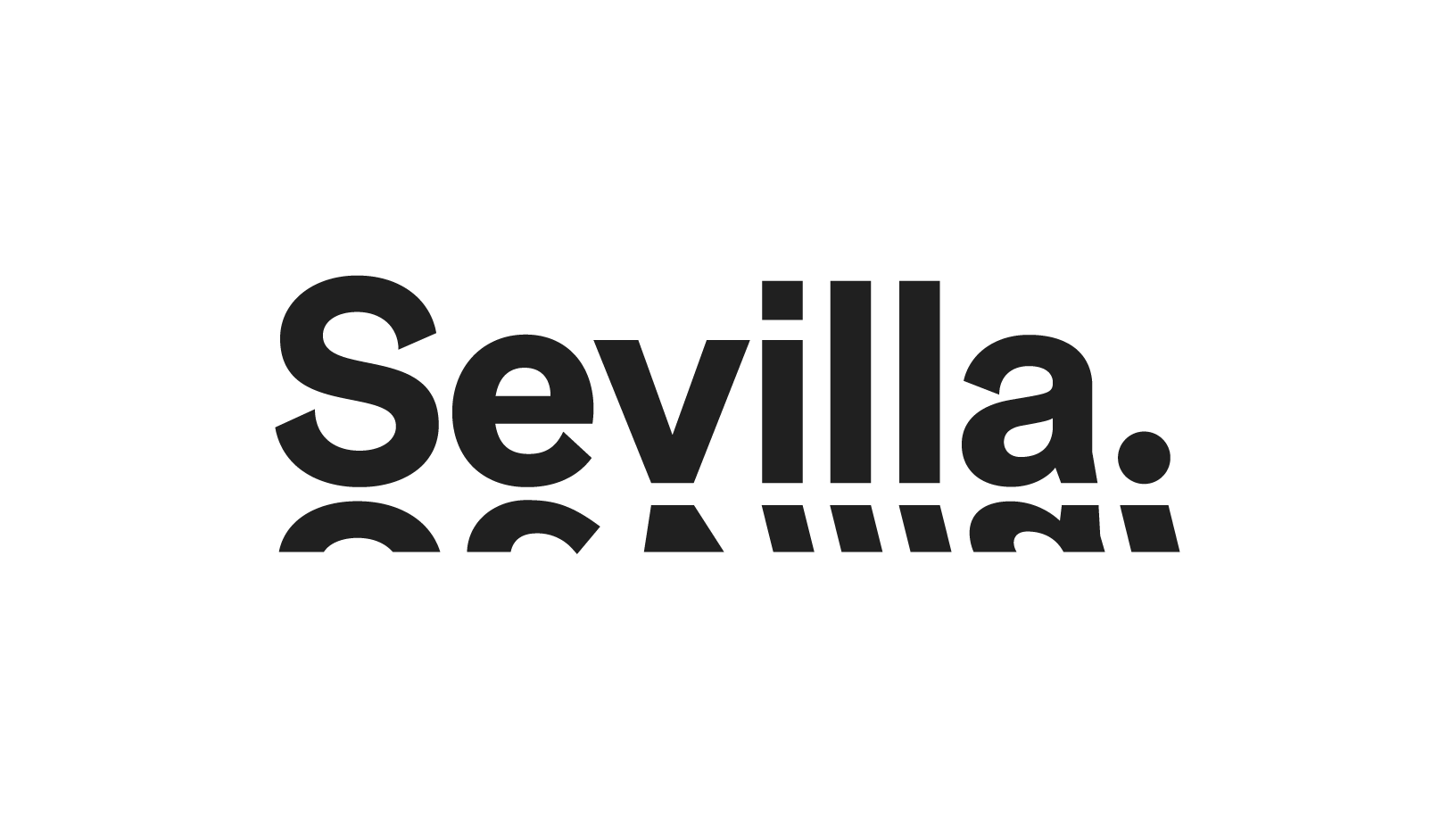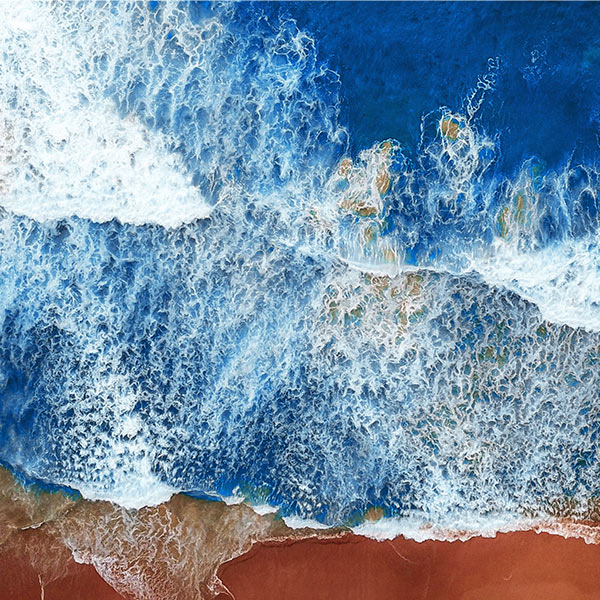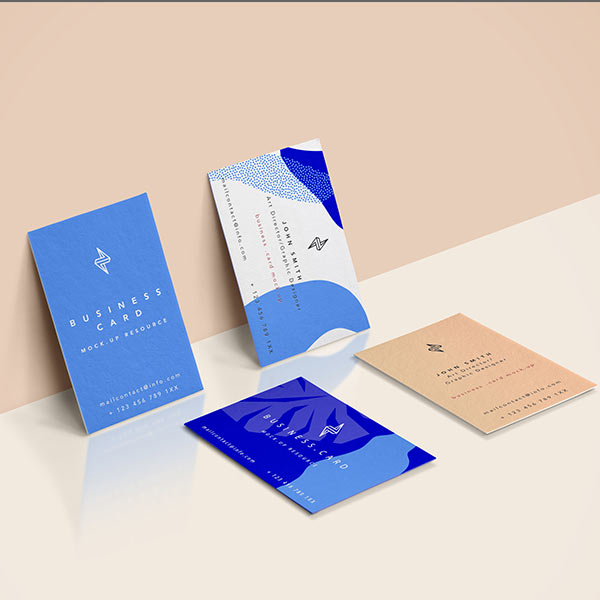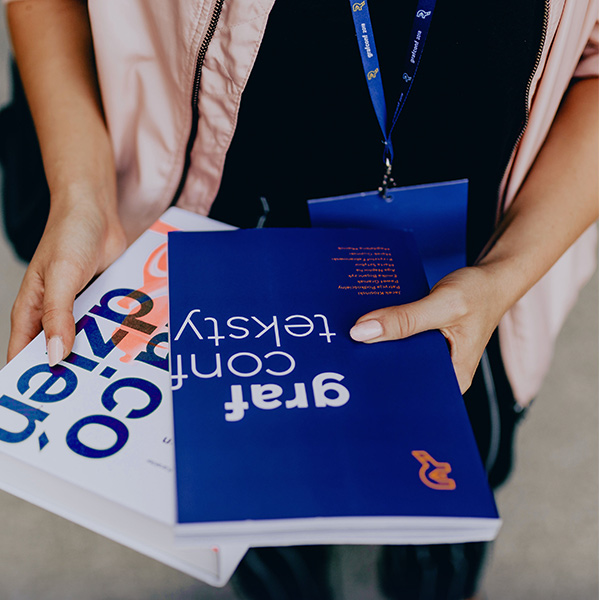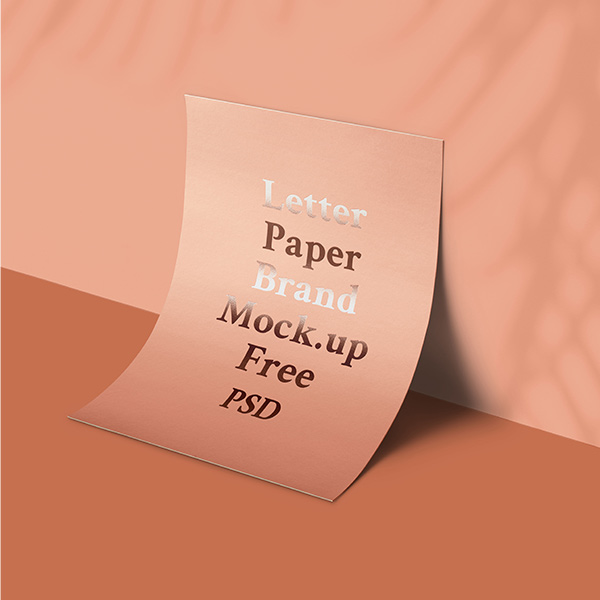Seville climate neutral city
SUSTAINABILITY
Seville is one of the most threatened cities by global warming. Climate change not only threatens the city's sustainability but also the cultural identity and way of life that makes Seville such an attractive tourist destination.
Reducing the vulnerability of Seville's economic, social and natural systems to climate change and preserving its way of life is only possible through generosity and commitment to the common good of its citizens and visitors.
- Seville is implementing this shared and multilevel vision through different measures such as:
- Integration into the Tourism Sustainability Observatory of the World Tourism Organization.
- Creation of the Office for the Defence of Quality Tourism to collect the experiences of tourists and citizens improving tourism sustainability.
- Plan8 with the collaboration of 117 experts and 200 agents of the tourism sector.
- Signing of the citiES2030 agreement with the National Government to accelerate the energy and ecological transition.
Seville: Tradition and innovation to lead the fight against climate change
Seville leads the adaptation and fight against climate change. The mayor of Seville chairs the Network of Cities for Climate (360 cities), the Commission for the Environment, Climate Change and Energy (ENVE) and is a member of the political panel of the Covenant of Mayor for Climate and Energy.
Seville has a comprehensive medium and long term vision to become a climate neutral city in 2030, (reflected in PES 2030, SUMP and SECAP). Tourism is aligned with this vision through the Seville Tourism Plan and the Tourism Sustainability Plans.
Seville has been selected by the EC as a pilot city for the Mission "100 Climate-Neutral and Smart Cities by 2030”.
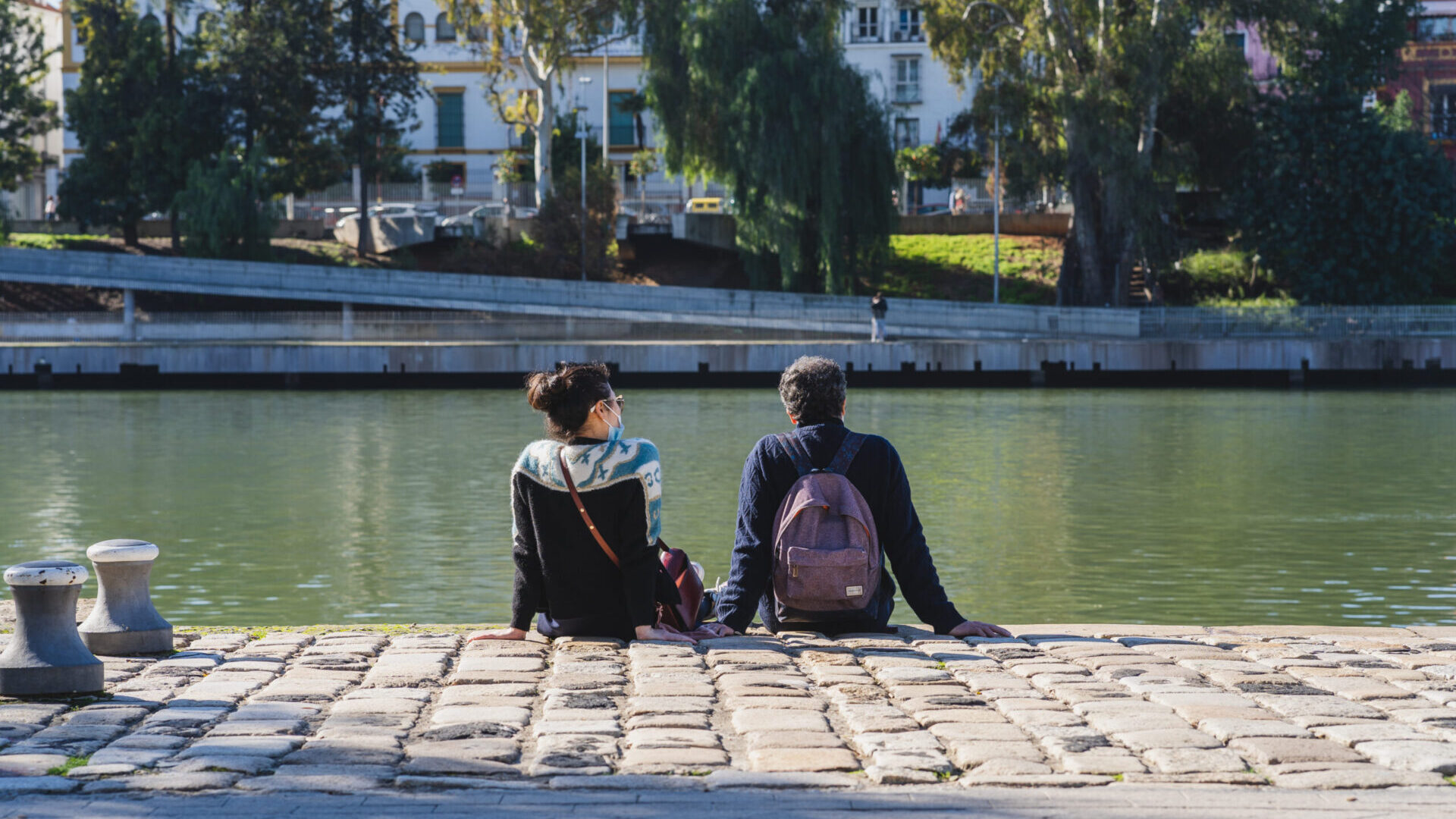
Innovative projects have been launched to achieve climate neutrality, based on bioclimatic and healthy parameters from the traditional architecture (use of plants, water, materials, etc.) and technological innovation:
Qanat Cartuja. Innovative Urban Action (UIA) that promotes the use of the street as a social dynamist, improving and involving the entire ecosystem of the city.
Plan Seville Respira promotes sustainable mobility, universal accessibility, and quality of public space in high tourist influx areas.
Extension of tram network and connection with Train Station (6,3M € investment).
High-capacity bus line between Train Station and FIBES (15M € investment)
eCitySevilla. Pilot project to turn Cartuja district into a low-emission environment.
Horizonte Sevilla Inteligente: Transformation of 264 public buildings into smart and energy-sustainable buildings (5M € investment).
Seville also collaborates and leads international projects:
URBACT-CIA 7: Exchange of best practices in sustainable urban development.
LIFE WATERCOOL: Development of innovative solutions to deal with high temperatures, in both public space and public buildings.
LIFE WATERCOOL: Development of innovative solutions to deal with high temperatures, both in space and in public buildings.
Seville has been awarded in circular economy by the Spanish Association of Paper and Cardboard Manufacturers for raising awareness among citizens and tourists about recycling (increasing from 8Tn (2015) to 13.5Tn (2021).
Innovation in the management and enhancement of green patrimony
Green infrastructure Master Plan aims to manage the city's extensive green heritage and preserve ecosystem services. Seville has implemented the geolocation of trees, launching an app (Arbomap) to locate the forest species and its cultural value.
Seville also has numerous historic gardens which revolve around its cultural identity. The City Council has developed several actions to value botanical legacy as a tourist resource:
Gardens in the air. European New Bauhaus Award and Human City Design Award.
Kleos. App that offers botanical information about the species of the Real Alcazar and audio tours providing a different way to discover gardens.
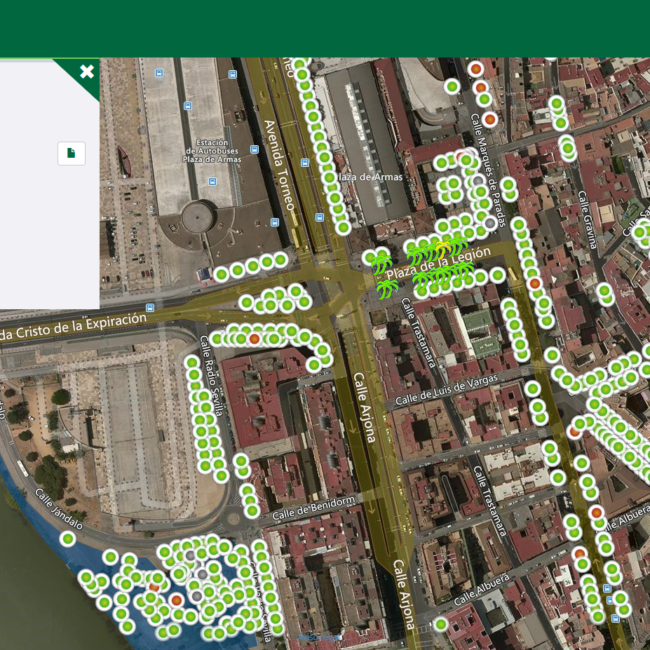
Supply diversification and innovation for the sustainability and tourism seasonality
Seville is one of the main tourist hub at a national and international level. Tourism directly accounts for 18% of the GLP. The city has broken with the tourism seasonality (the difference between months of lowest and highest influx is 15,000 visitors) thanks to its commitment to sustainable and quality tourism, diversifying markets and supplying and expanding tourism to other city areas.
Cultural tourism, MICE tourism (124,5M € economic impact) and the diversification of offering to other tourism segments (halal, gastronomic, language) or the celebration of major sporting events (Final Copa del Rey, Final Europa League, Laureus Prize Awards) and cultural events (European Film Festival, Flamenco Biennial, Goya Prizes to Spanish Cinema, MTV European Music Award.) have been key.
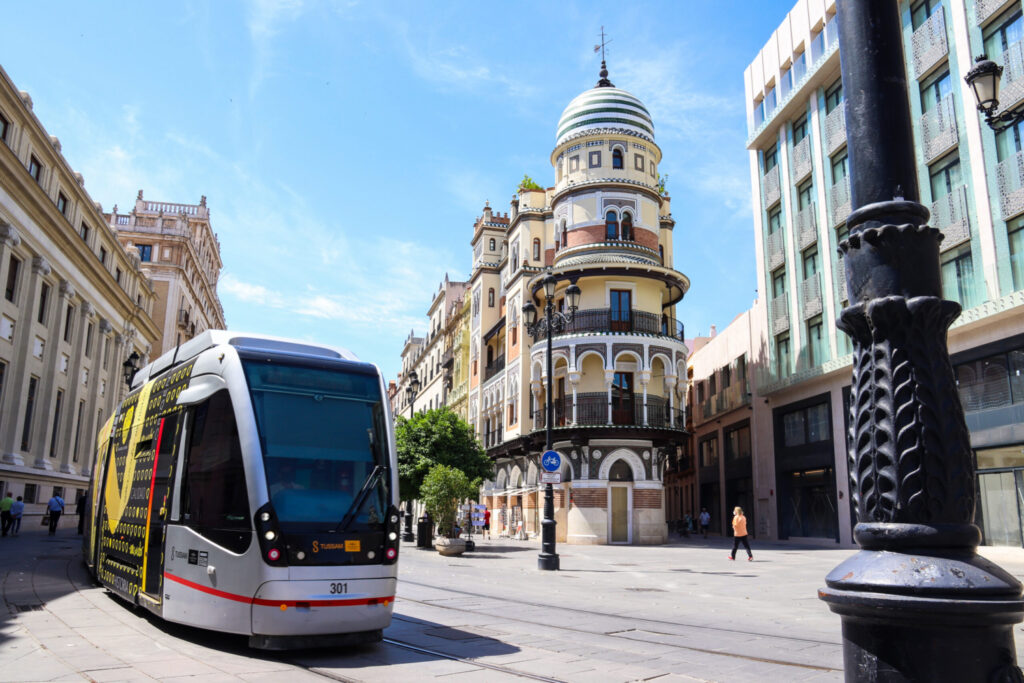
Tourism as the motor for local employment
Tourism generates more than 25,000 contracts a year. Semana Santa and Feria (Festival of International Touristic Interests) are great generators of employment and wealth, especially in traditional activities (goldsmiths, sculptors, modists, etc.). To protect and enhance the art&craft sector and turn it into a tourist resource, Seville has built the Parque Empresarial de Arte Sacro, a business park focused on Holy Week craftsmen.
Gastronomy also plays a key role in generating employment (66.5% of employment in the service sector). Seville has strengthened its position as a gastronomic destination by participating in networks (Saborea España), promoting inclusive routes and hosting conventions and events (Michelin Awards, Andalusia 360º). Seville was a Gastronomic Destination in 2020.
Seville has made a commitment to the equality and promotion of women's employment in the tourism sector (Women Leading Tourism Award).
Through the Smart Tourism Office (STO), an innovative initiative in sustainable urban tourism, actions are developed to improve the job security, equality and employment quality:
SmartSpace. Incubator Space for entrepreneurship and training in sustainable urban tourism
Smart Talks: Conferences with experts aimed at improving knowledge and training of the local tourist ecosystem
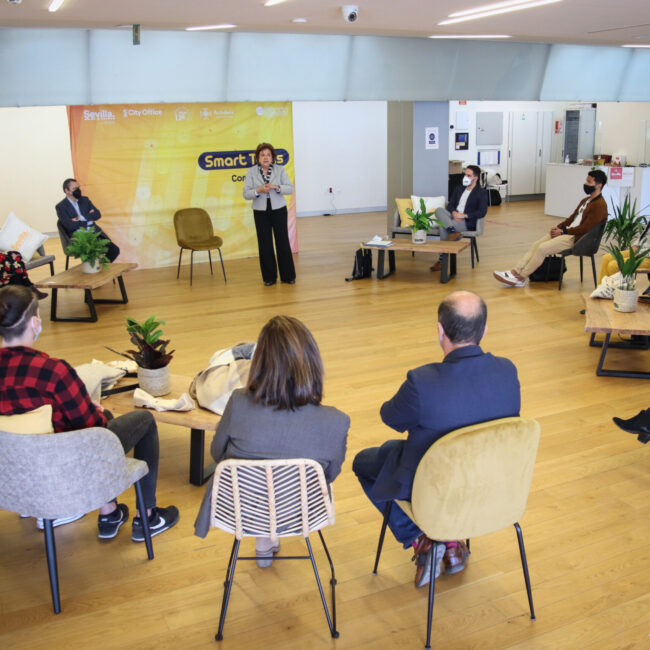
Public-private collaboration in sustainable urban tourism
Public-private collaboration is the heart of Seville's tourism strategy. Plan 8 to combat Covid-19 in tourism has reinforced and expanded this strategy by receiving national (Hotel&Tourism Award) and international awards (World Travel and Tourism Council).
The Local Tourism Council (incl. Plan 8) provides a participative space that brings together the whole local tourism ecosystem.
It pursues to develop sustainable tourism projects and policies that address the challenges of post-pandemic tourism.
STO is promoting two initiatives for the development of sustainable solutions and collaboration with the tourism industry:
Sustainable Urban Tourism Lab: Social and urban innovation laboratory organized around missions to address challenges of Shared Seville and post-pandemic tourism. SMEs, public entities and large companies are involved (SEGITTUR, Bosch, Galgus, KPMG, MasterCard, Innovasur, Mabrian, Amadeus, Esri and University of Seville). An AI pilot project was already launched for the analysis of human transit, consumption habits and demand for services.
Fibes Innovation District. Social, urban and economic transformation project to turn the FIBES environment into an innovation ecosystem around sustainable urban tourism, MICE and audiovisual sector.
Seville has been recognized for its drive in public-to-public collaboration and knowledge exchange by the Tourism Innovation Awards 2021.
